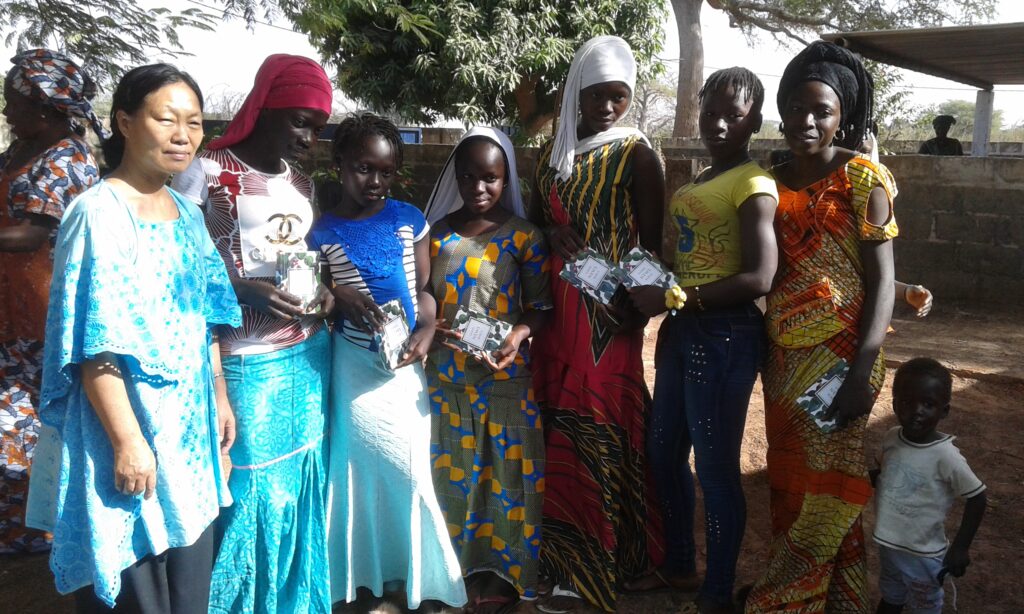Overview
In many parts of Africa, girls are being deprived of an education while boys receive the benefits of schooling. This has clear ramifications for individual families, communities and the broader society as women remain marginalised from the workplace and without opportunities to improve their lives.
This literacy project, in The Gambia, aims to assist girls and young women from four tribes, teaching them to read and write in the languages of these tribal groups.
The Need
The Gambia in West Africa is the smallest country within the African mainland. Its needs are great as poverty is high. Close to 50% of the 1.8 million population cannot read or write and the United Nations Development Programme (UNDP) has ranked the country in the “Low Human Development” category. Most of its people work as farmers and use their primary aged children as farm hands, with more girls being denied access to schooling than boys.
Girls are married very young and Female Genital Mutilation (FGM) is still widely practiced. Daughters have no right to inherit their father’s property, this goes to the first born son. Girls are often seen as inferior and of less value to the family.











